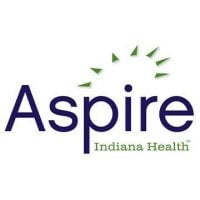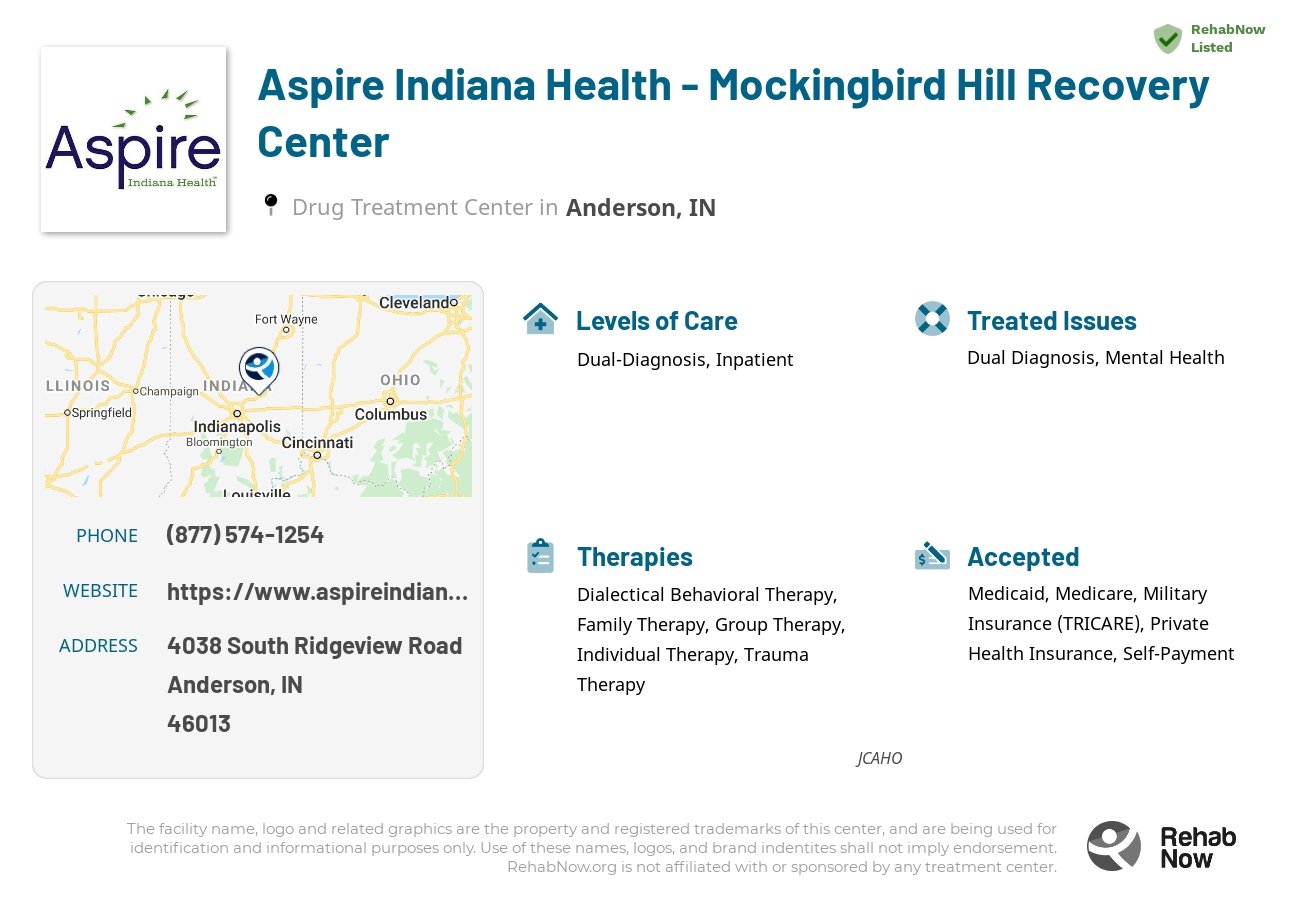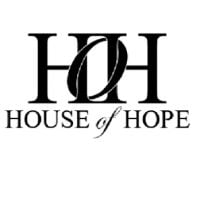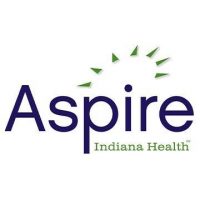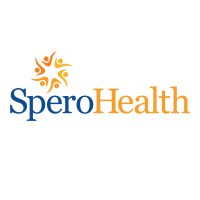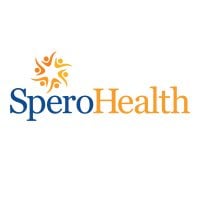Aspire Indiana Health - Mockingbird Hill Recovery Center
Drug Rehab Center in Anderson, Indiana
Mockingbird Hill Recovery Center is a 100-bed JCAHO-accredited drug and alcohol treatment facility located in Anderson, Indiana that provides comprehensive dual-diagnosis, detox, and inpatient services for those with substance abuse issues and mental health disorders and accepts most private insurance plans.
About Aspire Indiana Health - Mockingbird Hill Recovery Center in Indiana
Paragraph 1: Mockingbird Hill Recovery Center, located in Anderson, Indiana, is an addiction treatment facility dedicated to helping individuals overcome substance use disorders and improve their quality of life. This residential center provides a supportive and comprehensive environment for approximately 100 men on their journey to recovery.
Paragraph 2: Aspire Indiana Health approaches addiction treatment with a philosophy of support, not stigma. They offer a Whole Health Recovery Continuum, which brings together all the essential components for effective recovery, including a stable and safe living environment.
Paragraph 3: Accredited by the Joint Commission on Accreditation of Healthcare Organizations (JCAHO), Mockingbird Hill Recovery Center provides a range of services, including primary medical care, behavioral health therapy, peer counseling, case management, and Medication-Assisted Treatment (MAT). The center offers various levels of care, from high-intensity inpatient programs to outpatient services, tailored to individual needs.
- Comprehensive approach to recovery, addressing physical and mental health
- Continuum of care, allowing individuals to transition through different levels of support
- Multidisciplinary team of professionals dedicated to empowering individuals
Paragraph 4: Mockingbird Hill Recovery Center specializes in treating individuals with substance use disorders, including drug and alcohol addictions, as well as co-occurring mental health conditions.
Genders
Ages
Modality
Additional
Accreditations

JCAHO
Conditions and Issues Treated
Many people need to recover from substance abuse to live a healthy life. In the end, if you can get through all the steps: detoxifying your body, rehabilitation after some time or when needed (depending on the type), and recovery while also receiving therapy support throughout the process, it can be worth it.
A detoxification center is a common place to start the recovery process from substance abuse. With your body and mind restored, you can continue to heal without the lingering effects of drugs.
Dual Diagnosis is a specific relationship between two or more disorders that have the same symptoms and can sometimes be treated together. This is used in the treatment planning process when dealing with drug addicts. Dual diagnosis can be viewed as a chronic medical condition that has comorbid psychiatric disorders.
Although addiction and a mental illness may have separate symptoms that are not easy to detect, they often go hand in hand. Many times, drug abuse is a direct result of the mental illness. In other words, treating the addiction will not resolve all of your issues. Unless you also treat the underlying mental illness, you will not be successful in achieving sobriety.
Levels of Care Offered
This center offers a variety of custom treatment tailored to individual recovery. Currently available are Detox, Dual-Diagnosis, Inpatient, with additional therapies available as listed below.
Detox refers to the progressive elimination from the body of toxins. The detox period depends on the form of addiction, the length of drug abuse, and the state of health. Under the supervision of medical practitioners, MAT detox based in Anderson, IN requires the use of medications.
Inpatient treatment is an intensive program that takes place when a patient checks into a rehabilitation facility. The treatment includes detoxification and counseling sessions, which are round the clock. Outpatient treatments are also available, but inpatient care is advised as the first step of rehabilitation.
Intensive rehab ensures the patient stays in a substance-free atmosphere, improving treatment success rates. The patient participates in group therapy for motivation from other patients who have overcome addiction. Family members are also involved in providing emotional support throughout the program.
Therapies & Programs
Individual Therapy is a critical component of addiction recovery. Therapists work with patients to identify the root of their addiction and figure out how to better handle the issues that led to them using drugs. Individual Therapy is the one-on-one session where people meet with their therapist. Individual therapy provides a safe space for people to open up and discuss personal and sensitive topics which they may not feel comfortable discussing in a group setting.
Family therapy will also help families realize that the addiction is not their fault. For many years, people blamed themselves for an addict’s behavior and felt that they had done something wrong. This is not the case. Addiction is a disease, and it can strike anyone, even if their life seems fine from the outside. It can bring a lot of shame to a family when they have an addict in their midst, but if everyone is open and honest with each other, then they can help everyone stay in recovery.
Group Therapy is utilized by drug treatment centers like Aspire Indiana Health - Mockingbird Hill Recovery Center to provide the recovering drug addict with a platform to talk about their feelings and experiences. It also provides for an opportunity to learn from other addicts who have successfully overcome their addiction.
Group Therapy is employed in lectures, seminars, or discussion groups (the latter two are typically conducted as “therapy groups”). It is recommended that all group members be recovering addicts for this type of therapy to work (though it does not exclude others with lived experience).
Trauma therapy is a clinical process that helps individuals deal with mental stress often caused by traumatic events. It is generally done for children, teenage victims of sexual assault, and war veterans. The therapist helps the person identify, understand and work through the problem. This is done with the help of talking about it in group or one-on-one counseling sessions. Therapists use relaxation, role-playing, art, and music to help the person open up about what is bothering them.
Dialectical Behavior Therapy (DBT) is used by drug treatment centers across the United States to help drug addicts become sober. DBT combines traditional behavioral treatments with elements from DBT, including dialectics, distress tolerance, and interlocking issues. It is commonly used to treat Borderline Personality Disorder (BPD) along with substance abuse disorders. The four DBT modules are mindfulness, interpersonal effectiveness, emotion regulation, and distress tolerance.
Cognitive behavioral therapy is also a popular service for individuals living with addiction. This type of supportive treatment uses both one-on-one counseling and group sessions to teach addicts how to identify thoughts, behaviors and emotions that might increase their risk of relapse.
These professionals can help addicts develop coping skills for managing stress, improving self-esteem and overcoming triggers. They might also use behavioral therapy to help addicts learn how to avoid cravings and warning signs that could lead them back into addiction.
Therapy can be used as a step-down from inpatient treatment or as the primary method of overcoming an addiction. No matter which option is best for the addict, they will teach important emotional coping techniques, which can make it easier for addicts to get through the tough days.
Eye Movement Desensitization and Reprocessing (EMDR) is a treatment that helps people recovering from drug abuse. EMDR has been proven to be more effective than traditional treatments for treating patients with addiction; it tackles the root of the problem. The rapid eye movements during EMDR sessions reduce the patient’s negative feelings related to past trauma, promoting calmness and relaxation. This, in turn, reduces the chances of relapse at a later stage.
Payment Options Accepted
For specific insurance or payment methods please contact us.
Is your insurance accepted?
Ask an expert, call (888) 674-0062
Aspire Indiana Health Associated Centers
Discover treatment facilities under the same provider.
- Aspire Indiana Health - Lebanon Health Center in Lebanon, IN
- Aspire Indiana Health - Noblesville in Noblesville, IN
- Aspire Indiana Health - Dehaven Health Center in Anderson, IN
- Aspire Indiana Health - Elwood Health Center in Elwood, IN
- Aspire Indiana Health - Noblesville Health Center in Noblesville, IN
Learn More About Aspire Indiana Health Centers
Additional Details
Specifics, location, and helpful extra information.
Anderson, Indiana 46013 Phone Number(877) 574-1254 Meta DetailsUpdated April 15, 2024
Staff Verified
Aspire Indiana Health - Mockingbird Hill Recovery Center Patient Reviews
There are no reviews yet. Be the first one to write one.
Anderson, Indiana Addiction Information
The state of Indiana ranks 14th in the nation for drug abuse, but 17th for drug overdoses. The state has many high-quality rehabilitation centers, but reports show that there are about 20 deaths per 100,000 people. This is due to its location making it a drug trafficking haven, where many drugs are further distributed into the country.
Almost five percent of the population in Anderson, IN is struggling with substance abuse problems. The most commonly misused substances in Anderson include alcohol, marijuana, methamphetamine, heroin, prescription drugs, cocaine, and club drugs. In 2017, about 10 people died from opioid overdoses in Anderson. In 2018, 55% of those arrested for drug violations were younger than thirty years old. Common drug treatment options include inpatient rehabilitation and 12-step programs.
Treatment in Nearby Cities
- Brookville, IN (56.7 mi.)
- Boonville, IN (161.8 mi.)
- Coal City, IN (91.0 mi.)
- Indianapolis, IN (30.8 mi.)
- New Albany, IN (121.9 mi.)
Centers near Aspire Indiana Health - Mockingbird Hill Recovery Center
The facility name, logo and brand are the property and registered trademarks of Aspire Indiana Health - Mockingbird Hill Recovery Center, and are being used for identification and informational purposes only. Use of these names, logos and brands shall not imply endorsement. RehabNow.org is not affiliated with or sponsored by Aspire Indiana Health - Mockingbird Hill Recovery Center.
